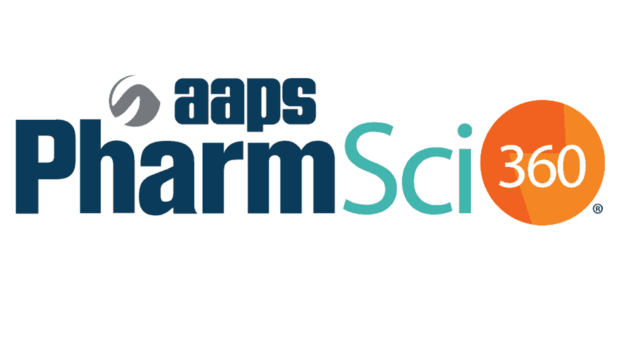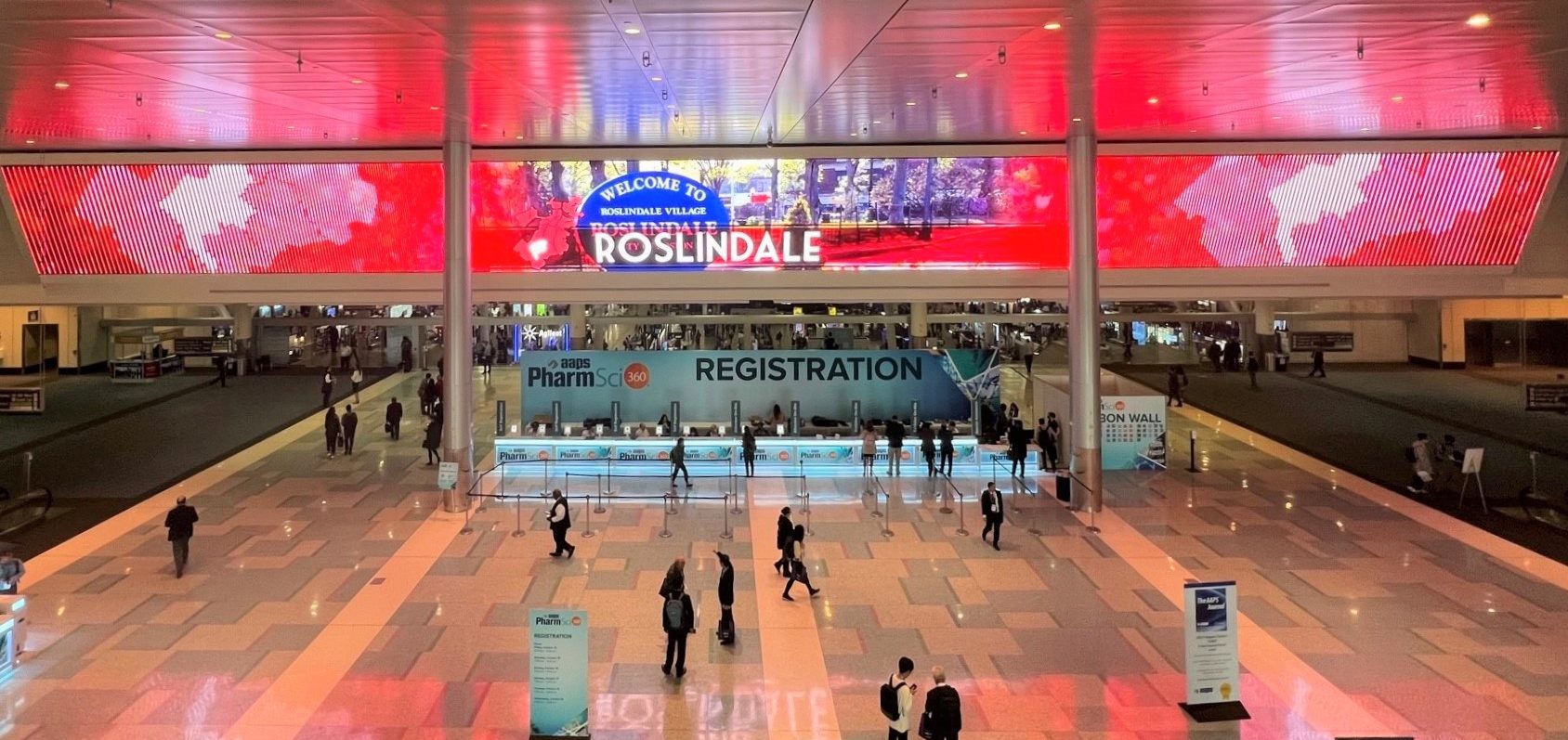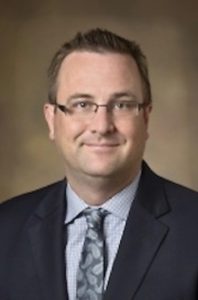
In this blog, Anastasia Widyadari, the Editor of BMC Pharmacology and Toxicology, will be sharing her experience and highlights of the meeting, along with valuable insights from Professor Patrick Ronaldson, Editorial Board Member for BMC Pharmacology and Toxicology.
Editor Highlights:
I was delighted to have been given the opportunity to attend the AAPS PharmSci 360 this year. Well known for combining the vibrancy of a large scientific conference with the feel of a focused, intimate symposium, the meeting provided a great opportunity for BMC Pharmacology and Toxicology to build on existing collaborations, and create new ones. Home to more than 1,000 biotechnology companies and giving rise to innovative developments in healthcare and the pharmaceutical industry, Boston was a fitting location for the meeting.
The meeting successfully covered all aspects of the pharmaceutical field, from discovery and basic research, to preclinical development. My personal favorite was the symposium session on “Microbiome: Impact in Pharmaceutical Development and Disease”. Among the talks, Professor Laura Cox from Harvard Medical School presented a very engaging talk on microbiome-based therapeutic approaches in treating neurologic diseases. In the same symposium, an excellent presentation by Professor Jordan Bisanz from Pennsylvania State University explored the interactions between drugs and microbes at nucleotide level. During the Hot Topic sessions, the full house talk by Dr Sean Ekins from Collaborations Pharmaceuticals, Inc. on The Potential Dark Side of AI for Drug Discovery warned us of the dual use of AI, and was a talk to remember indeed.

Editorial Board Member Highlights:
I had the pleasure of listening to the fascinating talk presented by one of our Editorial Board Members, Professor Patrick Ronaldson, from the University of Arizona College of Medicine, which was coincidentally related to my research background in blood-brain barrier (BBB) transport.
Due to poor translatability of compounds from preclinical to clinical studies, drug development for ischemic stroke has proven to be a challenge. Work from Professor Ronaldson’s laboratory emphasized the significance of BBB transport mechanisms in preclinical development of drugs for neurological diseases, such as ischemic stroke. In their study, they demonstrated the critical role of endogenous BBB transport mechanisms (i.e., organic anion transporting polypeptides, organic cation transporters) for delivery of drugs — such as statins and memantine — in the central nervous system (CNS). We now understand that endogenous transporters can still function as critical targets for CNS drug delivery in dysfunctional BBB, such as in ischemic stroke. These findings provide the foundation for developing future treatment strategies for ischemic stroke.
Not only I had the privilege of learning more about research from his group; as an Editorial Board Member, Professor Ronaldson also gave us some key insights during our discussion:
 What was your AAPS PharmSci 360 conference highlight? Any talks that piqued your interest?
What was your AAPS PharmSci 360 conference highlight? Any talks that piqued your interest?
“The highlight of the meeting for me was the fact that AAPS successfully provided state-of-the-art basic science programming that covered several different types of drugs. To that end, there were multiple discussions on both large molecule and small molecule therapeutics that addressed both pharmacological and toxicological concerns.”
“Of particular note, sessions that I really enjoyed included “Advancements in Translational PK/PD Approaches Toward Novel Biological Modalities” and the symposium on “Rapid Discovery of Therapeutics: Past Experience and Computational Approaches.” Additionally, the hot topic session on “The Potential Dark Side of AI for Drug Discovery” was eye-opening and presented some of the negative aspects of readily available in silico technologies for drug discovery. “
What are your insights on how we can drive BMC Pharmacology and Toxicology’s future growth?
“I think that the journal should put forward some theme issues centered around megatrends in the pharmaceutical sciences. Application of big data to drug discovery is one idea. Another is novel strategies for selective drug delivery. For such theme issues, it is key to have some recognizable authors submit their work. This would help to attract more papers that discuss cutting science to the journal.”
Emerging fields and hot topics to look out for in Pharmacology and Toxicology?
“Big Data – not simply the acquisition of these data sets (RNAseq and omics data) but how it can (and should) be properly leveraged for drug discovery and therapeutic development. Drug Delivery – selective targeting strategies for proteins, antibodies, and nucleic acids as well as small molecules. Health Disparities – how racial and sex differences are being addressed in pharmacology/toxicology and its impact on precision medical treatments”
I’d like to say a huge thank you to Professor Patrick Ronaldson for meeting me at PharmSci 360, I hope you enjoyed our discussions as much as I did. BMC Pharmacology and Toxicology is looking forward to attending more meetings by AAPS. Thank you and congratulations to all the organizers for another successful year of PharmSci 360!

In 2023, BMC Pharmacology and Toxicology aims to develop its potential further. Interested in joining the Editorial board? Or have expertise related to any of the topics mentioned above? Join us, or reach out to Anastasia Widyadari
Comments